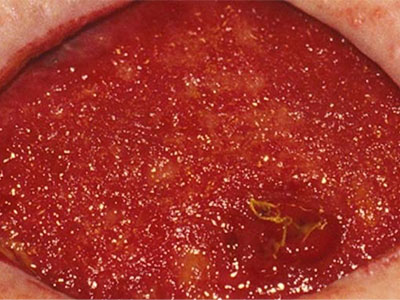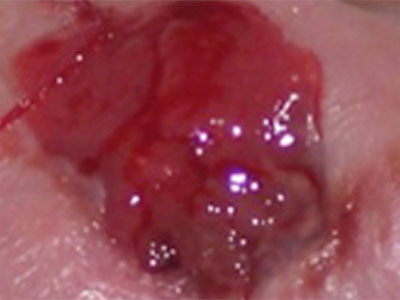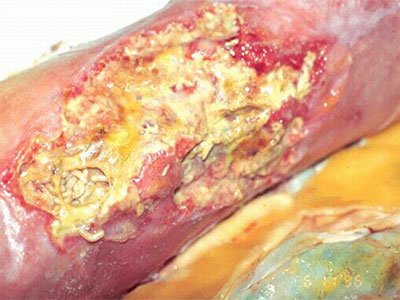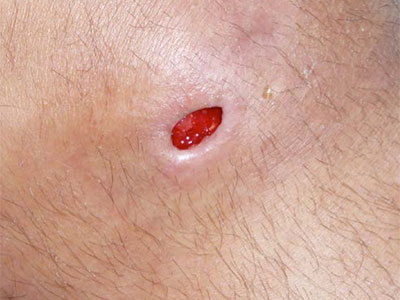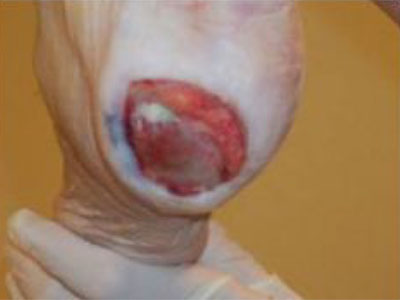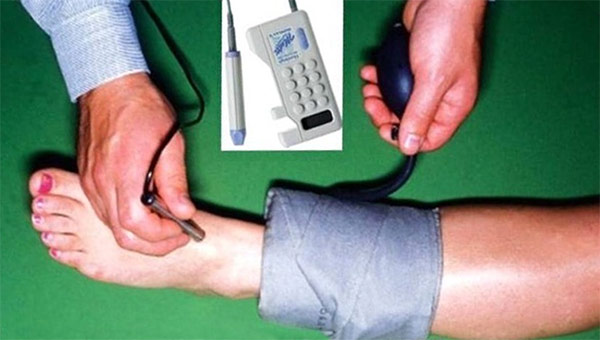AHP Announces Embedded Clinical Pharmacist Model
January 17th, 2019 | Clinical ConnectionsDespite the reliance on medications to treat chronic disease in the U.S., there is ample evidence that patients continue to struggle with achieving intended outcomes, adverse events, polypharmacy, adherence and access. AHP recognizes the importance of pursuing solutions to suboptimal medication use in healthcare and is committed to implementing systematic approaches to optimize value-based medication prescribing and use across the network. One approach includes integrating clinical pharmacists onto team-based clinical care models in the ambulatory care setting.
We are excited to share that in November 2018, AHP embedded a clinical pharmacist at Honeoye Valley Family Practice. The clinical pharmacist is spending at least 2 days per week onsite to collaborate with providers and support patient-centered medication management. Most of the clinical pharmacist’s time is spent providing comprehensive medication management (CMM) to complex patients, such as those with chronic disease(s) who are on medication(s) and have not reached or maintained the intended therapy goal. CMM is a unique evaluation of each individual medication a patient is taking, with a focus on four areas for potential medication optimization: indication, efficacy, safety, and convenience. The pharmacist follows a consistent care process (see below) to develop an individualized medication therapy care plan in collaboration with the patient and the health care team. The care plan is directed at achieving the intended goals of therapy and includes appropriate follow-up to ensure optimal medication outcomes and use. We plan to evaluate the impact of the embedded clinical pharmacist model on medication-related outcomes, as well as patient and provider satisfaction, and will share our program evaluation with the network once it is available.
For more information visit: AMA Steps Forward, Embedding Pharmacists into the Practice.
Pharmacist Patient Care Process
1. Collect and analyze information
2. Assess information and formulate medication therapy problems
3. Develop a medication therapy care plan
4. Share/Implement medication therapy care plan
5. Follow-up and monitor medication outcomes and use (longitudinal direct patient interaction)
References
https://www.pcpcc.org/sites/default/files/media/medmanagement.pdf
https://www.accp.com/docs/positions/misc/CMM_Care_Process.pdf








